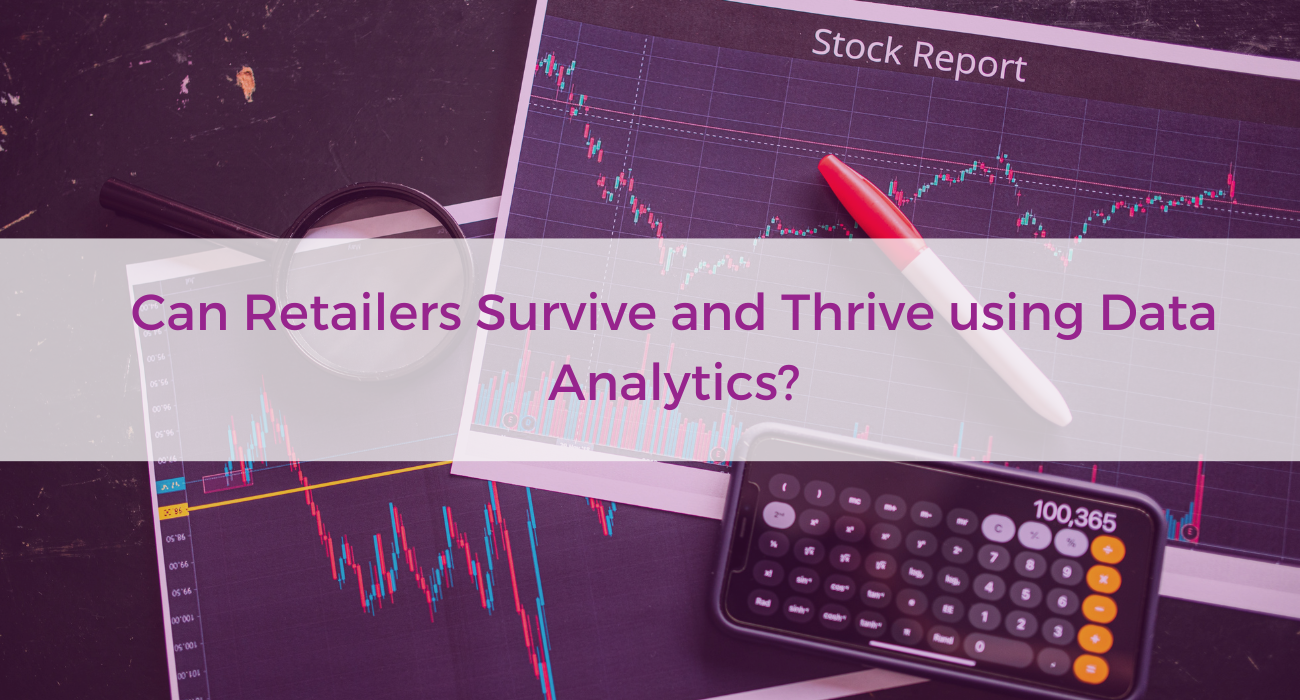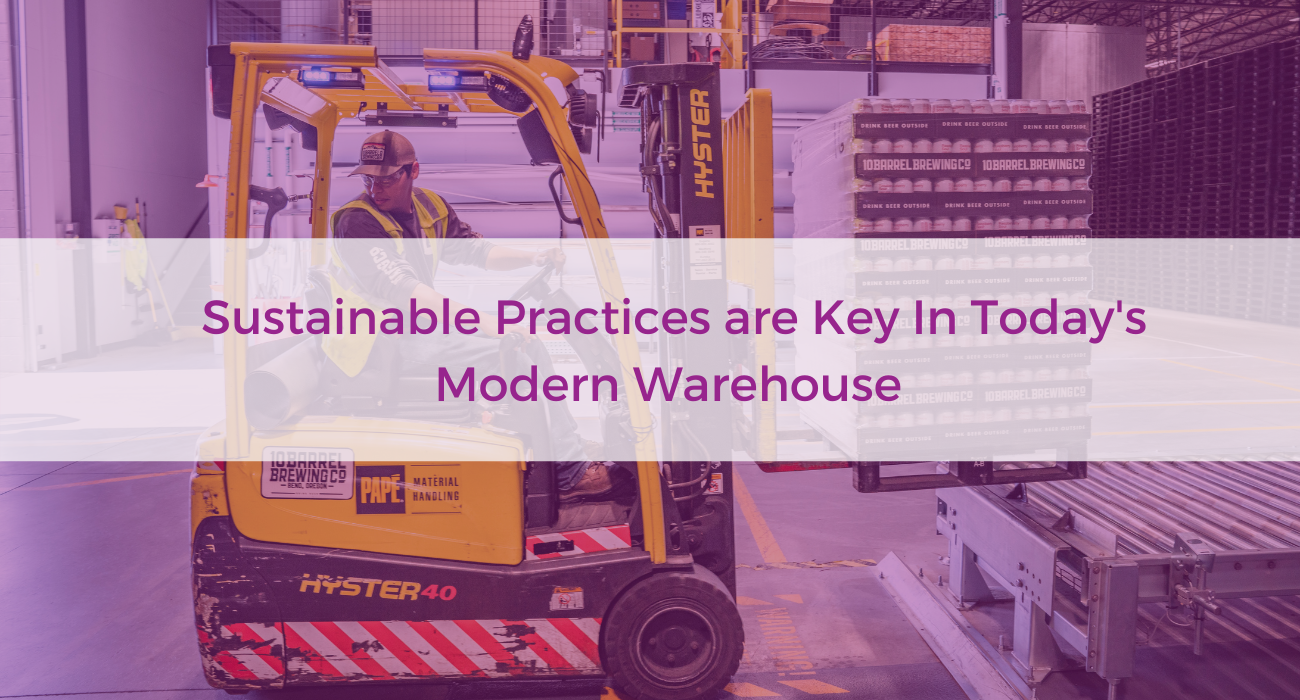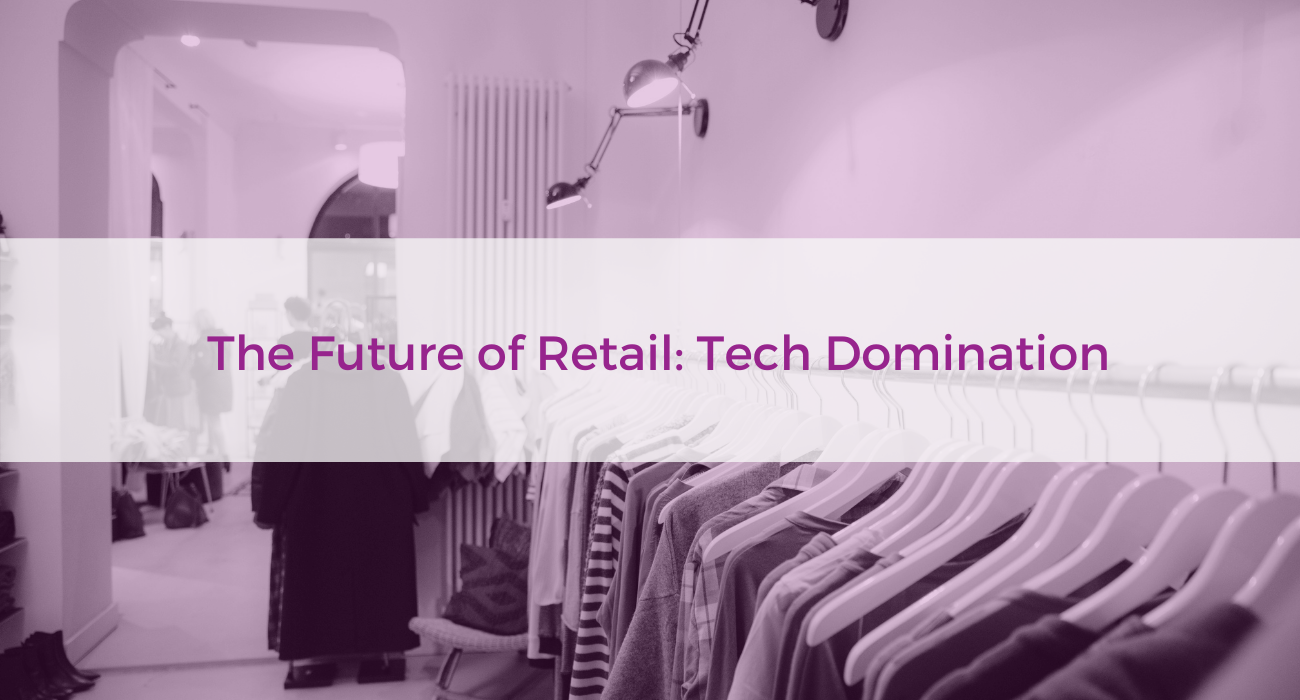
Navigating Sustainable Home Delivery in a Post-COVID World
As a result of the COVID-19 pandemic, online purchasing and home delivery rates have increased, with 46% of consumers now intending to shop online and have items delivered to their homes. This is due to consumers becoming exposed to this level of convenience, and broadening their scope of online shopping. Yet, whilst this trend rose in popularity amongst shoppers, environmentalism took a spot alongside it and consumers became more interested than ever in the environmental impact of their purchasing decisions. So, where does this leave retailers?
Neo PR’s client, Descartes Systems Group, provides cloud-based logistics and supply chain management solutions. Having recently concluded its latest study “Retailers: Sustainability is Not a Challenge, It’s an Opportunity” with SAPIO Research, they identified that retailers should review its delivery strategies to leverage consumers’ environmental perspectives.
There are three points that indicate retailers have the opportunity to combine these two seemingly opposing trends and reap the benefits:
Sustainability is impacting consumer purchasing decisions.
Of those surveyed, 39% of consumers revealed that they consider the environmental repercussions when making a purchase, with this number increasing to 42% amongst those ages 25-34. A mere 11% admitted to never having considered the environment when making a purchase.
Expectations are evolving to include sustainable delivery options.
54% of participants reported they would be willing to accept a longer lead time if this ensured an environmentally friendly delivery. Half of the respondents claimed to be ‘quite’ or ‘very’ interested in these sustainable options.
Retailers can also benefit from lower costs, thanks to sustainable home delivery options.
By grouping orders or extending lead times, retailers can reduce both delivery costs and carbon footprints. Combining orders ensures fewer trips and increased delivery density, whilst longer lead-times slash costs via improved delivery planning and mode selection.
These sustainable deliveries generate increased delivery density, overall reducing the distance per delivery – with these notions applying to several delivery modes including parcel, LTL and private/dedicated fleet.
Everyone wins, right?
As public interest in environmentalism grows, retailers have no choice but to consider jumping on board. Leveraging this opportunity is key for retailers to maintain customer satisfaction, decrease delivery costs and help the environment. Environmentalism may not be at the top of every customer’s agenda, but the rising number of those expressing an expectation of sustainability from retailers is notable enough to justify offering sustainable delivery options.
If you are a business making pavements in sustainability, as well as technology, and want to get heard above the background noise, get in touch with the team at Neo PR at prworks@neopr.co.uk




